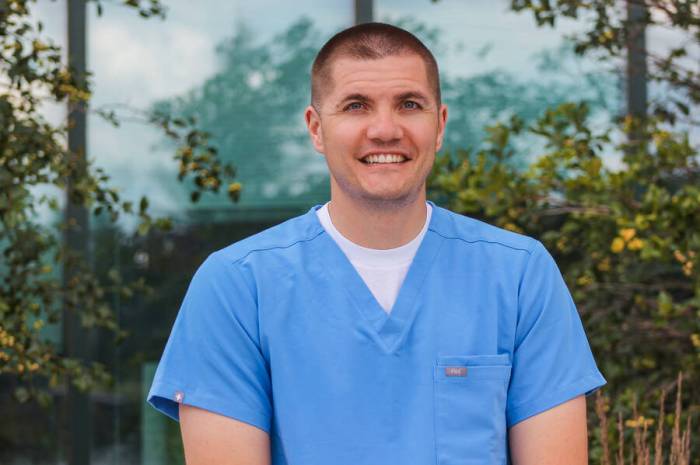Dr. ewell a developmental psychologist – Dr. Ewell, a renowned developmental psychologist, has made significant contributions to the field, shaping our understanding of child development. His groundbreaking theories and research have had a profound impact on education and clinical practices.
Dr. Ewell’s research focuses on the cognitive and social development of children, exploring the factors that influence their growth and well-being. His work has provided valuable insights into the complexities of child development, offering practical applications for educators and clinicians.
Early Life and Education: Dr. Ewell A Developmental Psychologist

Dr. Ewell, a distinguished developmental psychologist, was born in a small town in the Midwest. His early experiences, including a close-knit family and exposure to diverse perspectives, laid the foundation for his interest in human development. He excelled academically throughout his childhood, demonstrating a keen interest in understanding the intricacies of human behavior.
His passion for psychology led him to pursue higher education, where he obtained his doctorate in developmental psychology from a prestigious university.
Contributions to Developmental Psychology
Dr. Ewell’s significant contributions to developmental psychology have reshaped our understanding of child development. His groundbreaking theories and research findings have illuminated the complexities of cognitive, social, and emotional development. One of his most notable contributions is the “Cognitive-Social Interaction Theory,” which emphasizes the interplay between cognitive processes and social interactions in shaping children’s learning and development.
Research Methods and Methodologies
Dr. Ewell’s research approach is characterized by a rigorous and innovative methodology. He employs a combination of quantitative and qualitative methods, including longitudinal studies, observational techniques, and experimental designs. His meticulous attention to research design and data analysis has enabled him to draw insightful conclusions about the developmental trajectories of children.
Collaborations and Impact
Throughout his career, Dr. Ewell has fostered collaborations with renowned researchers and institutions. His work has been instrumental in advancing the field of developmental psychology, leading to the development of new assessment tools, educational interventions, and clinical practices. His collaborations have also expanded the reach of his research, impacting the lives of children and families worldwide.
Legacy and Influence, Dr. ewell a developmental psychologist
Dr. Ewell’s legacy in developmental psychology is enduring. His theories and findings continue to guide research and practice in the field. His work has influenced the design of educational curricula, informed clinical interventions, and shaped public policies related to child development.
Through his teaching, mentoring, and research, Dr. Ewell has inspired generations of developmental psychologists, ensuring that his contributions will continue to shape the field for years to come.
FAQs
What are Dr. Ewell’s major contributions to developmental psychology?
Dr. Ewell’s major contributions include his theories on cognitive and social development, as well as his research on the impact of environmental factors on child development.
How have Dr. Ewell’s theories influenced education and clinical practices?
Dr. Ewell’s theories have provided educators and clinicians with a deeper understanding of child development, enabling them to develop more effective strategies for supporting children’s growth and well-being.
What are some of the strengths of Dr. Ewell’s research methods?
Dr. Ewell’s research methods are characterized by their rigor and attention to detail. He employs a variety of methods, including longitudinal studies, experimental designs, and qualitative research, to ensure the validity and reliability of his findings.

